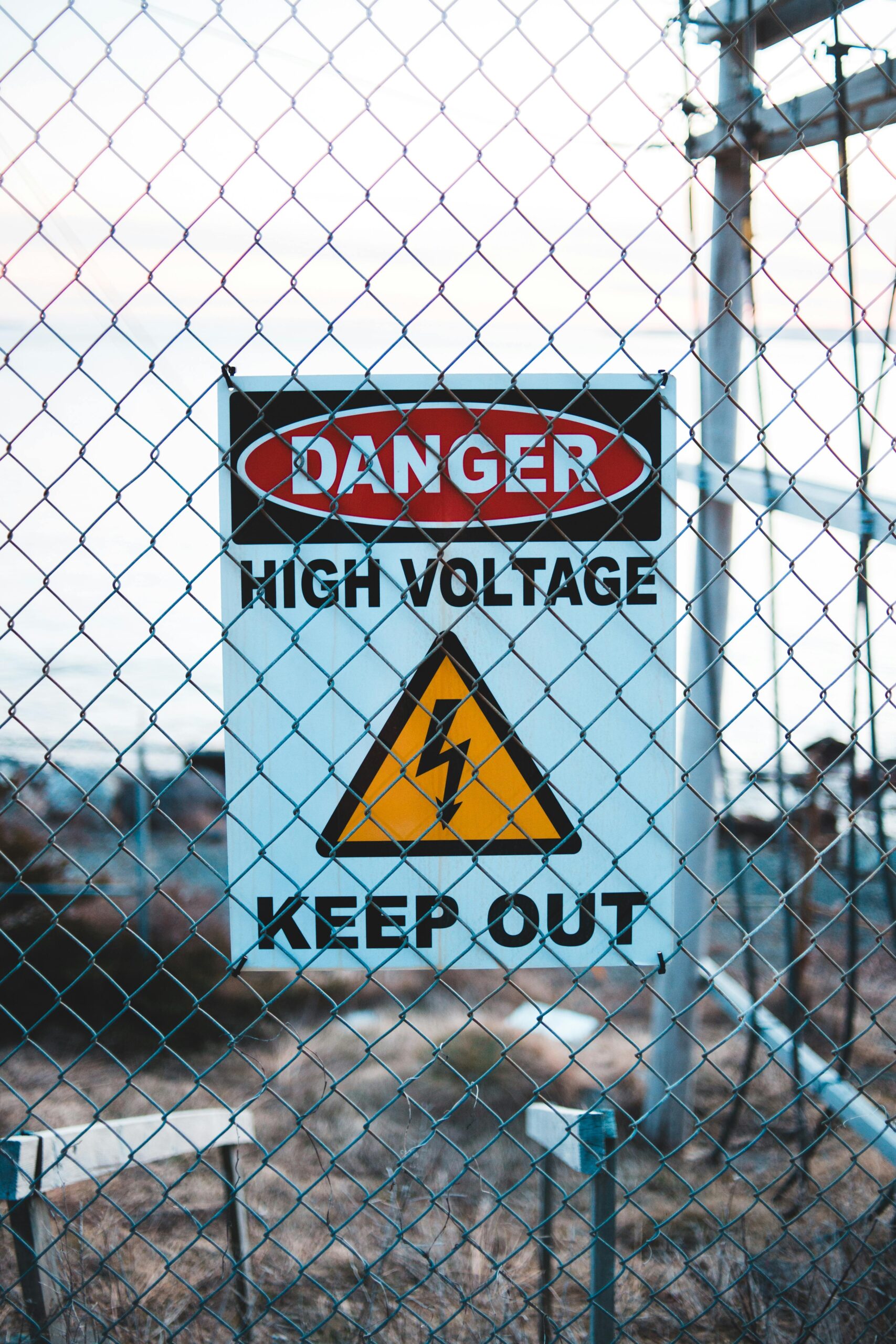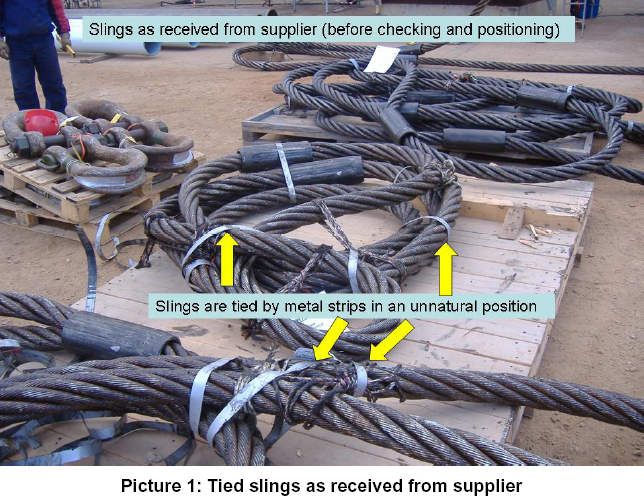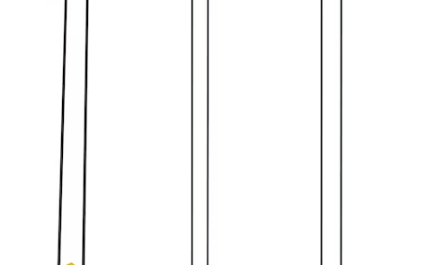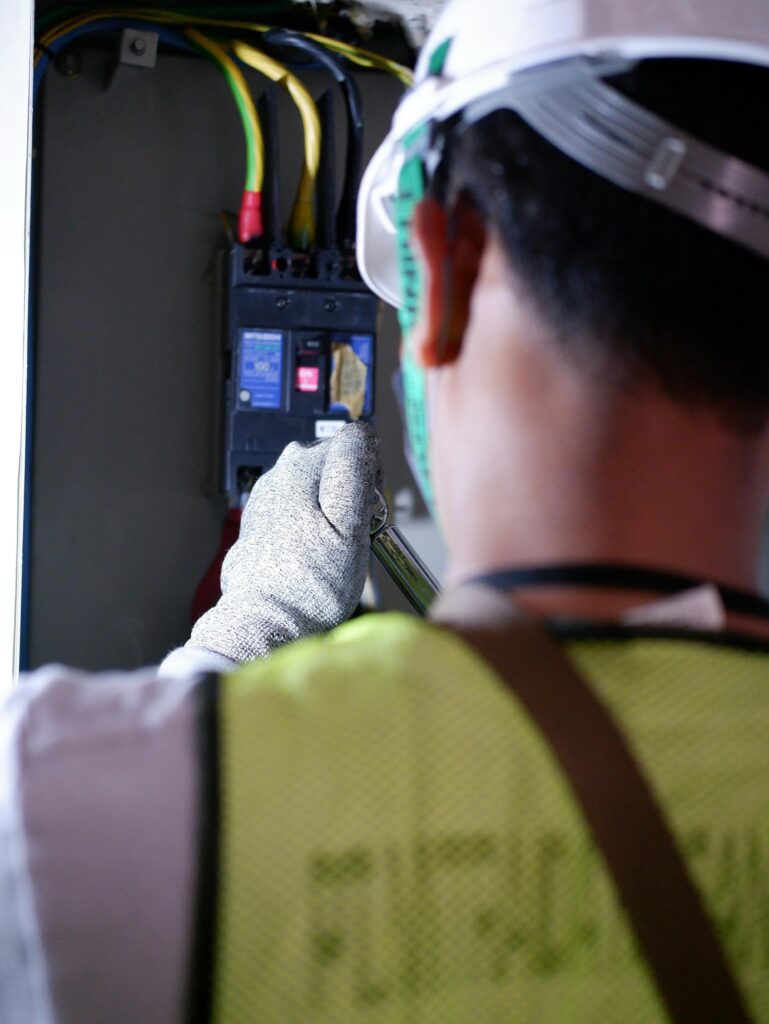
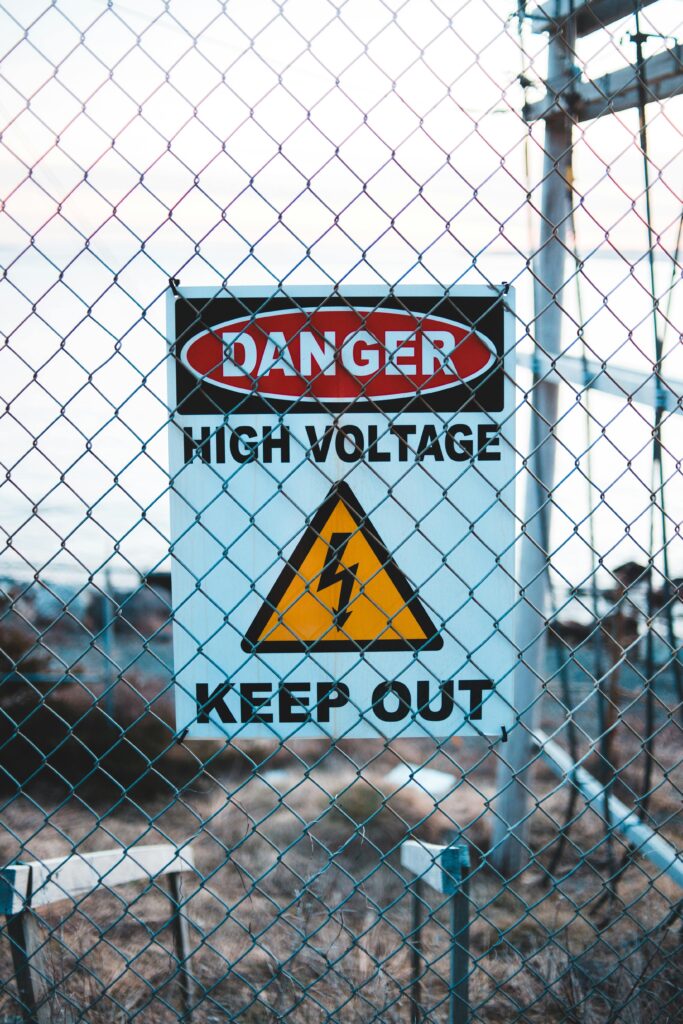
1.0 Factors Leading to Electrical Accidents
There are many factors working behind accidents. Some of them are psychological, whereas some are technical. Major factors are as under:
- Poor knowledge of equipments/ system
- Overconfidence or assumption
- Taking a chance or risk
- Hurry to complete the job and/or charge the equipment
- Monkey tricks
- Working without concentration
- Poor maintenance of system / equipment
- Poor quality of tools
- Not using safety appliances / PPA
- Miscommunication
- Not following safety procedure
- Temporary repairs
- Earthing not connected or poor earthing
2.0 Classification of Electrical Accidents:
Based on the reported accidents, one NGO had classified electrical accidents into three main groups:
- 42 % of the electrical accidents were caused by (a) Abuse of equipments- i.e. using the equipment in the way for which is not designed (b) Poor maintenance – For quite long time equipment is not even cleaned from outside or inside. In case of portable equipments, results are very tragic.(c) Failure to switch off the equipment in auto or manual
- 31 % of the electrical accidents were caused by (a) Inadequacy in design and assembly (b) Less clearance of live parts from the body (c) Unreliable protection (d) Too much critical design
- 27 % of the electrical accidents were caused by (a) Improper / unsafe workplace (b) inadequate instructions (c) Miscommunication
3.0 Outdoor Switchyard:
To avoid accidents in outdoor switchyard, following steps are important:
(a) Only authorized and knowledgeable personnel should be allowed to work inside the switchyard.
(b) While working in the yard, persons on the job should know which parts / sections / equipments are live.
(c) There should be foolproof lockout / safety permit procedure.
Isolate the required section. Before starting of the job, proper discharging should be done. Earthing of the required section also shall be done.
(d) Yard should be kept free from wild growth & vermins.
(e) Keep EARTHING system in good condition. Check the earthing resistance at regular interval.
4.0 Electrical Hazards on Construction Sites:
Various portable tools / equipments like grinders, drills, welding generators, welding transformers, hand lamps etc. are used on construction sites. There is lot of temporary overhead lines running in the entire area. Main reasons for accidents on temporary overhead lines are:
- Broken live wires
- Damage/weak insulation
- Repairs/connection done in live condition
- Poor quality of wires / materials
- Earthing not connected properly.
- Proper protection system not provided.
Welding generator / transformer also many times, create unsafe conditions if proper care is not taken for safety. Ground return cable should be connected directly to the job. As discussed earlier, body resistance of welder is very poor. Therefore, he has to be very careful during the welding job.
Poor maintenance of welding transformer can cause leakage between primary and secondary. This can raise secondary voltage to the same level as that of primary.
Crane movement also many times causes fatal accidents, if overhead lines in that area are not checked before marching of crane. Such accidents have occurred during use of tower ladder also.
5.0 Overhead & Underground Distribution
In the distribution network, accidents take place due to some of the following reasons.
- Poor earthing / Absence of earthing
- Accidental charging of the line or equipment
- Charging the OH line without proper checking
- Accidental back feeding of power
- Crane / Tower ladder crossing the OH line.
- Junction pole in the network.
- Corrosion of OH pole at the base
- Poor preventive maintenance of equipment / network
- Not using protective equipments
6.0 Domestic Use of Electricity
Today, for all types of domestic jobs, electrical gadgets are available. Use of electricity has become so common that some sort of negligence has become very common thing. This has led to electrical accidents during domestic use of electricity. Therefore, following points are very important:
- Do not let children play with electricity.
- Maintain EARTHING healthy and check it regularly. Use ELCB.
- Use three-pin plug (with earthing connection at both ends) for electrical gadgets. Cord should be with good insulation and should be of proper size.
- Fuse wire/MCBs/switches should be of proper size & good quality.
- Temporary repairs are dangerous.
- Give common knowledge of electricity to family members.
- Do not repair electric equipments in live condition.
- Do not try to think ‘I can repair anything’.
- Taking multiple tapings from one socket is very dangerous practice.
- Ladies should be very careful while washing floors & kitchen walls.
- Do not operate electric gadget with wet hands.
- Get the wiring checked at least once a year.
7.0 While working with Electricity
Do’s
- Take valid permit before working on elect. equipment.
- Identify the equipment and verify with the work permit before isolation.
- Be sure about isolation by physical verification, before starting the job
- Consider equipment as live, unless tested & confirmed to be dead.
- Use proper, suitable tools.
- While working on panels, stand on insulated rubber mat, lain on front & rear sides of the panels.
- Inspect the equipment thoroughly before charging it.
- Ensure that only authorized persons work on elect. Equipments.
- Follow SIDE rules before starting the job on elect. equipment.
- Switch off
- Isolate
- Discharge
- Earth the required portion
- Have minimum cable joints. Insulate all joints properly.
- In case of more than one permit are there on the same equipment, energize only when all permits are returned.
Don’ts
- Do not depend on verbal communication for isolation of electrical equipment.
- Do not wear metallic ornaments (like ring, lucky chain) while working on electrical equipment.
- Do not use underrated or overrated fuses.
- Do not switch without familiarity.
- Do not leave removed fuses inside MCC.
- Do not overload cable or motor beyond its rated capacity.
- Do not insert bare wires of appliances in the socket.
- No part of capacitors shall be approached, unless it is disconnected, effectively discharged & properly grounded.
- Do not remove the ground connection of equipment, unless it has been detached from the equipment.
- Do not ground any circuit, without making it sure that it is actually dead.
- Do not attach safety belts to insulator, insulator pins, guys etc.
